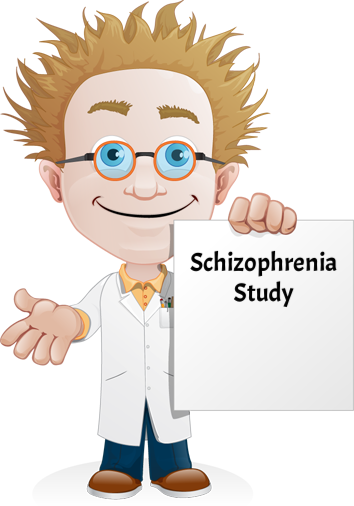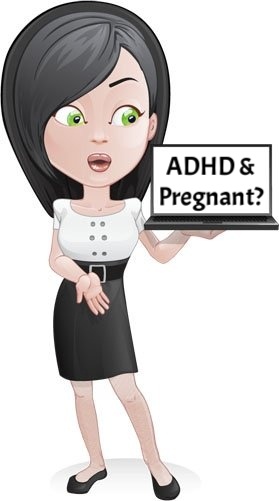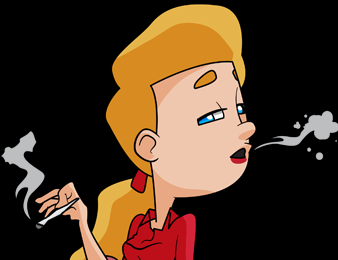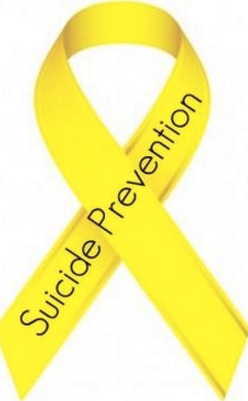Suicide is still difficult to predict, and is a common cause of death, resulting in over 40,000 deaths a year.
Suicide is rising in younger age groups, as is self-harm or non-suicidal self injury (NSSI) which can result in unintended fatality.
The factors affecting young men and women are different, and also overlap. Understanding the risk factors combined with careful assessment and clinical decision-making is the standard of care at this time, though in the future we may have neuroscience-based techniques to provide more objective and reliable assessment. In the meantime, researchers continue to identify relevant risk factors, which clinicians and patients include in treatment planning, especially when there is concern about suicide and self-injury.
In order to investigate the role of hormonal contraception on suicide-related factors, Skovlund and colleagues (2017) analyzed population data to look for patterns in contraception use and suicide risk factors. They note that hormonal treatments are used by 100 million women around the world for purposes ranging from contraception, to relief of menstrual symptoms such as pain and bleeding, and premenstrual syndrome.
Hormonal contraception has been associated in previous studies with depression and negative effects on mood, and has also been show to increase the risk of suicide and suicide attempts in multiple studies (Skovlund et al., 2016; Schaffir et al., 2016; Bertolote et al., 2003).
Prior research with large cohorts have been mixed, with some studies showing no elevated risk related to suicide, and others showing a significant increase in risk. In addition, hormonal contraception has been associated with risk for some diseases, including some forms of cancer and problems with blood clotting too easily.










